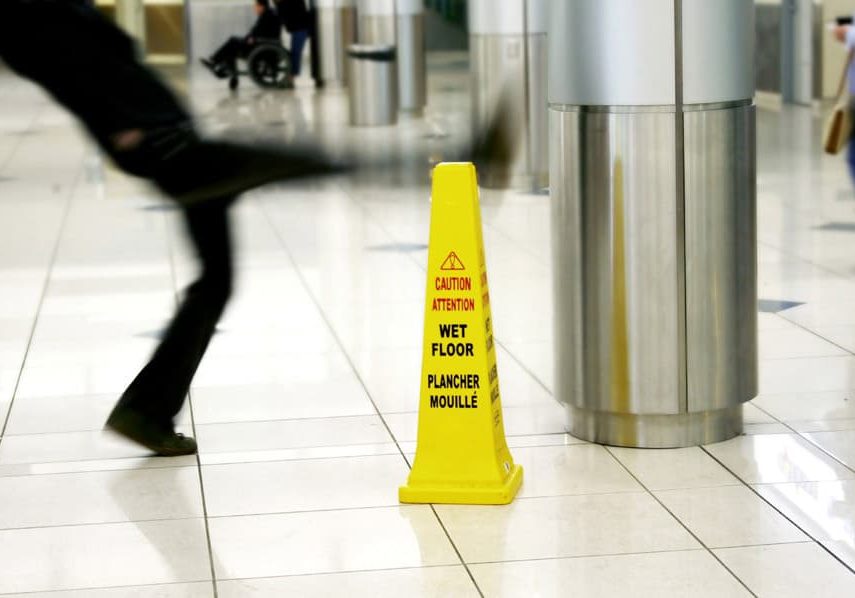Poynter & Bucheri Accident Recovery: We Get Results
Our Indianapolis personal injury lawyers offer free consultations so that you can get answers to your questions and learn about your options for recovering compensation for your injury claim.
The lawyers of Poynter & Bucheri, LLC want to help you fight for your right to be compensated when a negligent party causes you an injury. Call 1-800-265-9881 or (317) 780-8000 now to speak with a PBAR representative. We represent clients in Indianapolis and throughout the surrounding areas.





Indiana Rules of Professional Conduct State:
* Truthful statements that are misleading are also prohibited by the Indiana Rules of Professional Conduct. In the absence of special circumstances that serve to protect the probable targets of a communication from being misled or deceived, a communication will violate Rule 7.1 if it:
- is intended or is likely to result in a legal action or a legal position being asserted merely to harass or maliciously injure another;
- contains statistical data or other information based on past performance or an express or implied prediction of future success;
- contains a claim about a lawyer, made by a third party, that the lawyer could not personally make consistent with the requirements of this rule;
- appeals primarily to a lay person’s fear, greed, or desire for revenge;
- compares the services provided by the lawyer or a law firm with other lawyers’ services, unless the comparison can be factually substantiated;
- contains any reference to results obtained that may reasonably create an expectation of similar results in future matters;
- contains a dramatization or re-creation of events unless the advertising clearly and conspicuously discloses that a dramatization or re-creation is being presented;
- contains a representation, testimonial, or endorsement of a lawyer or other statement that, in light of all the circumstances, is intended or is likely to create an unjustified expectation about a lawyer or law firm or a person’s legal rights;
- states or implies that a lawyer is a certified or recognized specialist other than as permitted by Rule 7.4;
- is prohibited by Rule 7.3.
